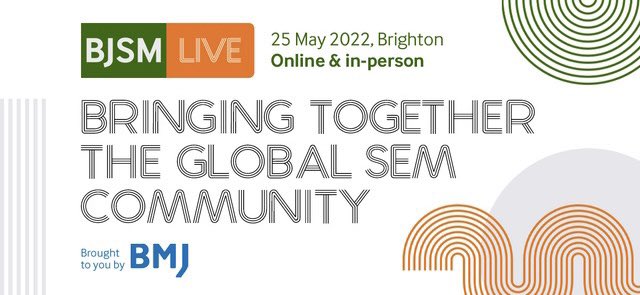We’re still doing #BlackNeuroRollCall but we would be remissed to not share the incredible non-Black allies on the organizing committee who have been working so tirelessly to make #BlackInNeuroWeek AMAZING ‼️🙌🏾
Thiago Arzua @thiagoarzua is 4th year neuroscience PhD student studying brain development @mcwgradschool
Originally from Brazil 🇧🇷 he is also a science writer and a neuroscience policy ambassador along with his duties as #BlackInNeuroWeek co-organizer 👏🏾👏🏾
Originally from Brazil 🇧🇷 he is also a science writer and a neuroscience policy ambassador along with his duties as #BlackInNeuroWeek co-organizer 👏🏾👏🏾

Christine Liu @christineliuart is a PhD candidate @UCBerkeley where she studies the neural circuits involved in nicotine-related behaviors 🚬
She's also an artist and science communicator who believes science should be accessible to all!!! 🧠🌺🖼🎨 (📸 w/ co-organizer @RackebT)
She's also an artist and science communicator who believes science should be accessible to all!!! 🧠🌺🖼🎨 (📸 w/ co-organizer @RackebT)

@heysciencesam is a Neuroscientist turned Science Communicator who earned her PhD studying how stem cells help build and maintain the brain! 🧠 She's the Co-Founder of the 1st ever #ScienceIsADrag! 💃🏻 

Ubadah Sabbagh @neubadah is a Syrian neuroscientist finishing his PhD at @virginia_tech. He studies how the visual system develops and how the retina wires up with the brain 👁
He’s also passionate about science policy, writing, and advocating for marginalized scholars in STEM!
He’s also passionate about science policy, writing, and advocating for marginalized scholars in STEM!

Dr. Monica Javidnia @NeuroDrugDoc is a faculty member & pharmacologist at the @UofR Department of Neurology 💊
Her work focuses on disease progression, treatment response, and patient-reported outcomes in people with Parkinson's disease and related neurodegenerative disorders.
Her work focuses on disease progression, treatment response, and patient-reported outcomes in people with Parkinson's disease and related neurodegenerative disorders.

We'd also like to introduce you to We Rep STEM, whose founder is part of the #BlackInNeuro organizing committee. We Rep STEM was founded in June 2019 to celebrate, amplify, and support underrepresented groups in all STEM fields. 🙌🏾🙌🏾❤️ 

• • •
Missing some Tweet in this thread? You can try to
force a refresh









